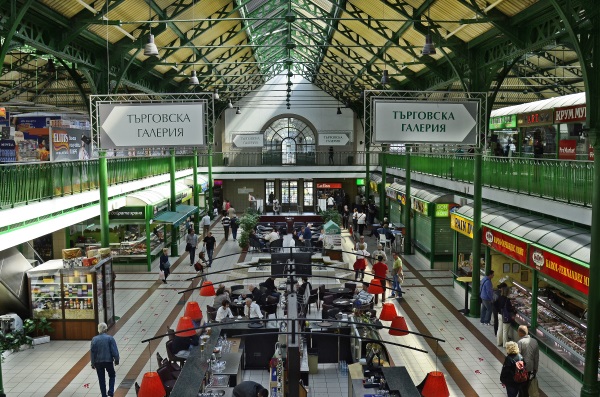Bio-Waste Collection and Treatment, Sofia, Bulgaria
The rapid increase in living standards and the growth of the restaurant industry in Sofia has caused a constant increase in the amount of daily food waste.The growing bio-waste fractions in municipal solid waste (MSW) caused widespread complaints from residents in the past. After investigation it became clear that food waste was one of the main contributors to odor emissions. The process of collection, transportation and disposal of the food waste was found to be causing secondary pollution.
The Mayor proposed a plan to organize a municipal system for separate collection of bio-waste from the maintenance of public areas, parks, gardens, spaces between spaces, food and kitchen waste from restaurants, catering, commercial and other objects within the municipality. When the system was introduced it included all schools, kindergartens, catering establishments, markets, hotels, medical establishments and other sites where food and kitchen bio-waste are formed. This system has been operational since 2014, and up to September 2018, the system has collected the bio-waste from more than 660 objects with more than 1085 containers.
However, the businesses that were included in the separate bio-waste collection system are now arguing that they need for more frequent servicing of the containers due to unpleasant odors that develop in between collections. This, from the point of view of the Municipality, is financially inefficient and impedes the expansion of the system. With the D-NOSES approach the Municipality aims to measure the extent and impact of the reported problem. They can then investigate what possible solutions would be practical and appropriate.
